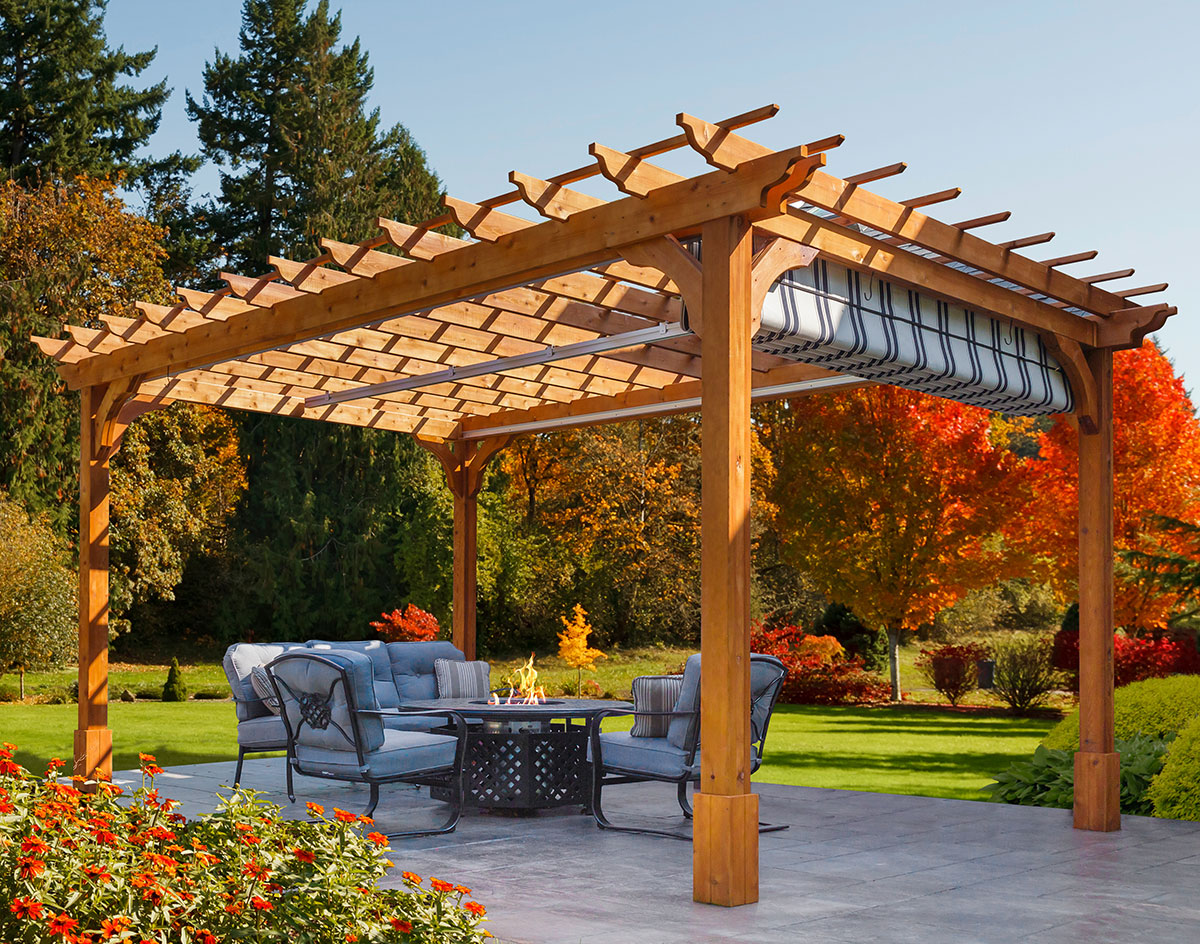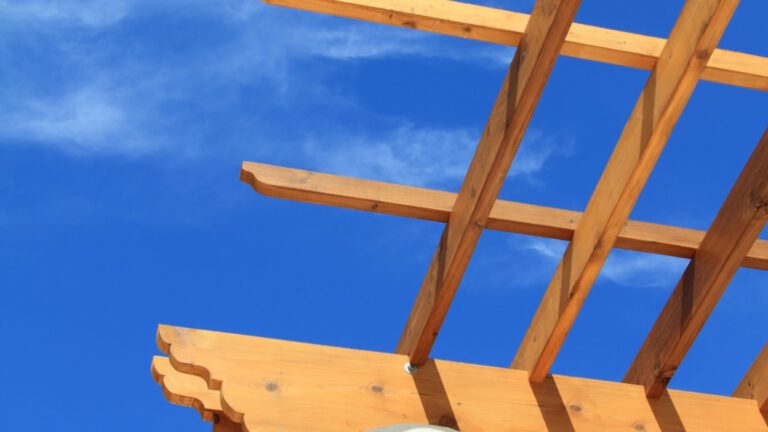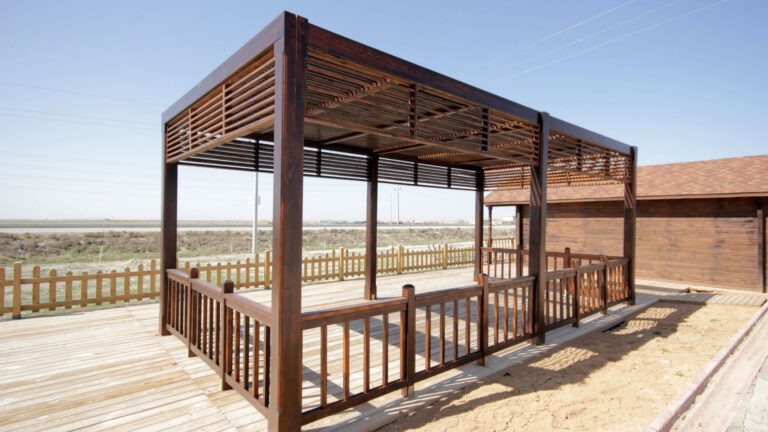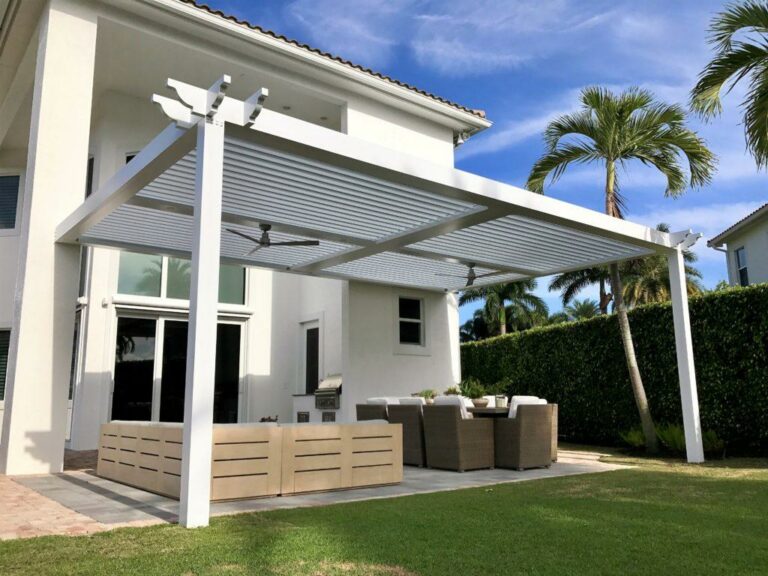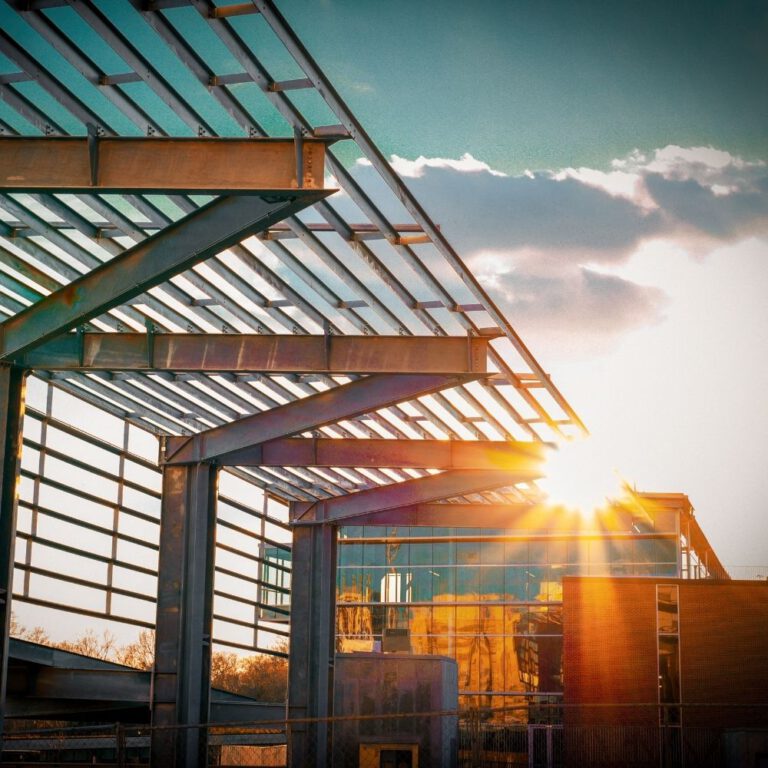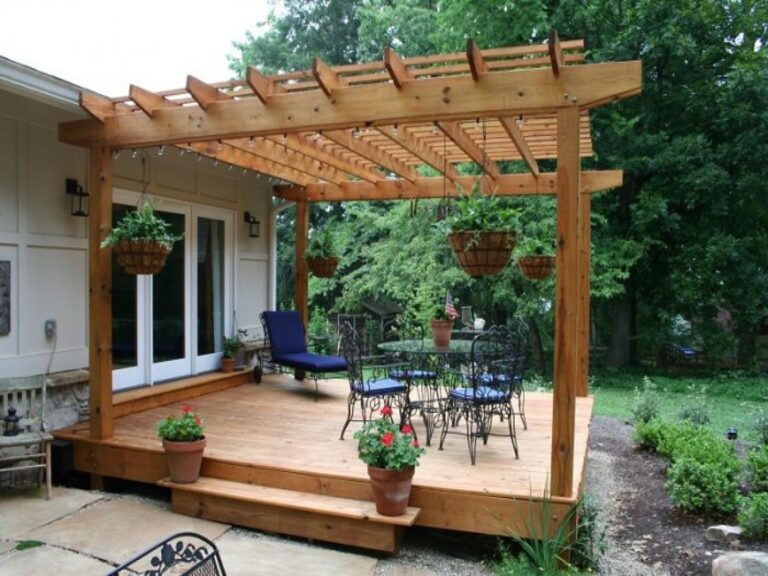How to Choose the Right Pergola Materials for Your Seattle Home
Seattle’s lush greenery, temperate climate, and breathtaking natural beauty make it a paradise for outdoor enthusiasts. Many homeowners in Emerald City are looking to enhance their outdoor living spaces, and one of the most popular additions is a pergola. A pergola not only provides shade but also adds an element of style and charm to your outdoor area. However, choosing the right pergola materials is crucial to ensuring it stands up to Seattle’s unique climate and complements your home’s aesthetics. In this blog, we’ll guide you through the process of selecting the perfect pergola materials for your Seattle home.
- Wood: Timeless Elegance
Wooden pergolas are a classic choice that exude timeless elegance and natural warmth. They blend seamlessly with the Pacific Northwest’s lush surroundings. Here are some factors to consider when opting for wood as your pergola material:
- Cedar and Redwood: These are popular wood choices for pergolas due to their natural resistance to decay and insects. In Seattle’s moist climate, they are especially suitable.
- Maintenance: Wood requires periodic maintenance, including staining or sealing every few years, to preserve its appearance and protect it from the elements.
- Aesthetic Appeal: Wood offers a wide range of design possibilities. It can be stained or painted in various colors to match your home’s exterior.
- Metal: Durability and Modernity
Metal pergolas are known for their durability and modern aesthetic. They can withstand Seattle’s frequent rainfall and are an excellent choice for homeowners looking for a sleek and contemporary design.
- Aluminum and Steel: These metals are often used for pergolas. They are rust-resistant and require minimal maintenance.
- Powder Coating: Metal pergolas can be finished with a powder-coated layer, which provides extra protection against the elements while allowing you to choose from various colors and finishes.
- Longevity: Metal pergolas can last for many years with little upkeep, making them a cost-effective option in the long run.
- Vinyl: Low Maintenance and Versatility
Vinyl pergolas are known for their low maintenance and versatility. They can withstand Seattle’s wet climate without warping or rotting:
- Maintenance-Free: Vinyl pergolas are virtually maintenance-free. They don’t require painting, staining, or sealing. Regular cleaning with soap and water is usually sufficient.
- Customization: Vinyl comes in various colors and styles, allowing you to choose a design that complements your home. It’s also highly customizable in terms of size and shape.
- Durability: Vinyl is resistant to moisture, making it an excellent choice for Seattle’s rainy seasons.
- Composite Materials: The Best of Both Worlds
Composite materials offer a blend of wood and plastic, combining the natural look of wood with the durability of plastic. They are becoming increasingly popular for pergola construction:
- Low Maintenance: Composite materials require minimal maintenance. They don’t need staining, sealing, or painting.
- Durability: Composite materials are resistant to rot, insects, and moisture, making them ideal for Seattle’s climate.
- Aesthetic Appeal: Composite materials often mimic the look of wood, providing a natural appearance without the need for maintenance.
Considerations When Choosing Pergola Materials in Seattle
When selecting the right pergola materials for your Seattle home, keep the following considerations in mind:
- Climate Compatibility: Seattle experiences a temperate maritime climate with significant rainfall. Choose materials that can withstand moisture and humidity, such as cedar, redwood, metal with rust-resistant coatings, vinyl, or composite materials.
- Maintenance Requirements: Consider how much time and effort you’re willing to invest in maintaining your pergola. Wood requires the most maintenance, while vinyl and metal options are low-maintenance.
- Aesthetic Preference: Your pergola should complement your home’s architecture and your personal style. Wood offers a classic and natural look, while metal and vinyl provide modern and sleek options.
- Budget: Set a budget for your pergola project, factoring in both the initial cost of materials and long-term maintenance expenses. While wood may have a lower upfront cost, it can require more maintenance over time.
- Customization: Determine the level of customization you desire. If you have a unique vision for your pergola’s design, wood or vinyl may offer more flexibility, whereas metal may have limitations.
- Longevity: Consider the lifespan of the materials. While wood can last for many years with proper maintenance, metal, vinyl, and composite materials tend to require less maintenance and have longer lifespans.
Conclusion
Selecting the right pergola materials for your Seattle home is a significant decision that can greatly enhance your outdoor living space. Whether you prioritize the natural warmth of wood, the modern aesthetics of metal, the low maintenance of vinyl, or the blend of wood and plastic in composite materials, there’s a pergola material that suits your needs.
By considering factors such as climate compatibility, maintenance requirements, aesthetics, budget, customization options, and longevity, you can make an informed choice that not only complements your home but also stands up to Seattle’s unique climate. With the right pergola materials, you’ll create a beautiful and functional outdoor space that allows you to enjoy Seattle’s natural beauty year-round.
Pergolas Seattle https://www.pergolaseattle.com/

